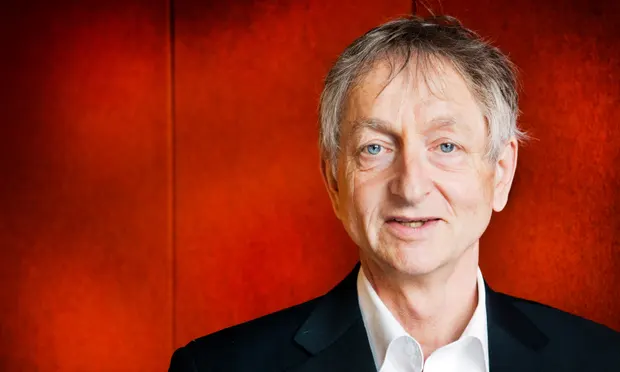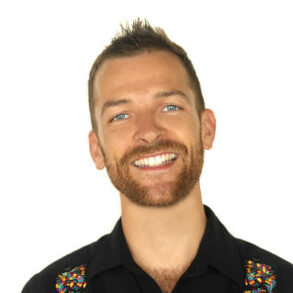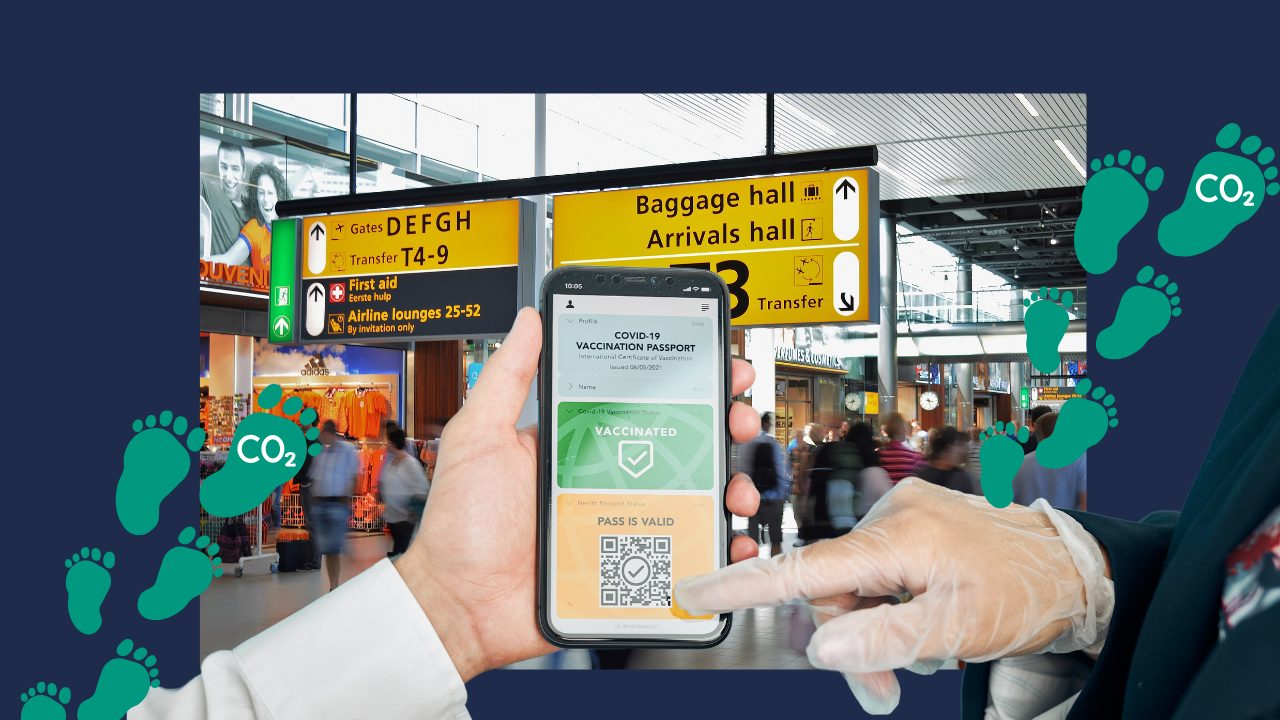For half a century, Geoffrey Hinton has been developing the technology underlying chatbots like ChatGPT. Now he fears it could do serious damage.
In 2012, he and two of his students at the University of Toronto developed technology that forms the intellectual basis for today’s largest AI systems. On Monday, however, he officially joined a growing chorus of critics who say these companies are headed for danger with their aggressive campaign to develop products based on generative artificial intelligence – the technology that powers popular chatbots like ChatGPT.
Dr. Hinton said he quit his job at Google, where he worked for more than a decade and became one of the most respected voices in the field, so he could speak freely about the risks of AI. Part of him, he said, now regrets his life’s work. “It’s hard to see how you can prevent bad actors from using it to do bad things,” he said.
Industry leaders believe the new AI systems could be as important as the introduction of the Web browser in the early 1990s, leading to breakthroughs in areas such as drug discovery and education. However, many industry insiders worry that they are releasing something dangerous into the wild. Generative AI may already be a tool for misinformation. Soon, it could pose a threat to jobs. At some point, its biggest proponents say, it could even pose a threat to humanity.












